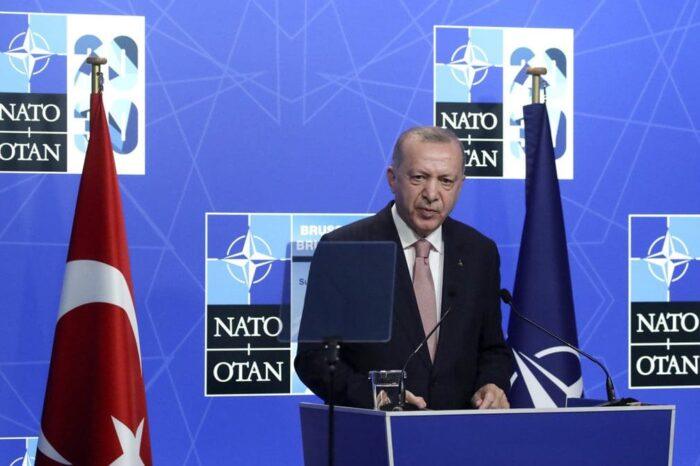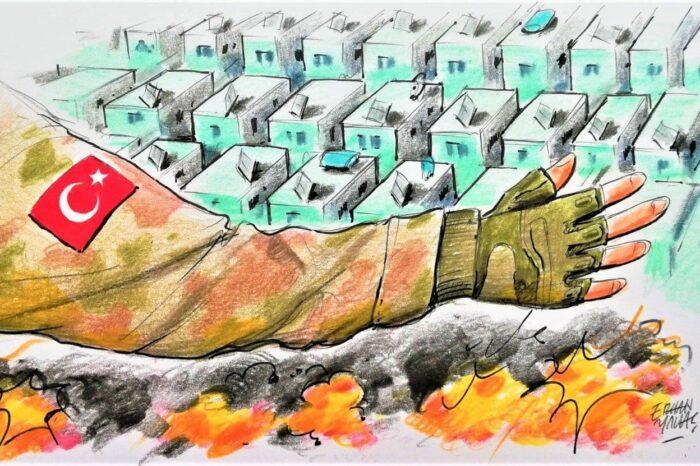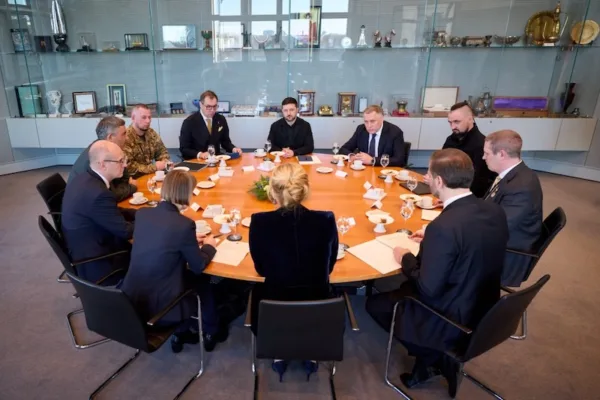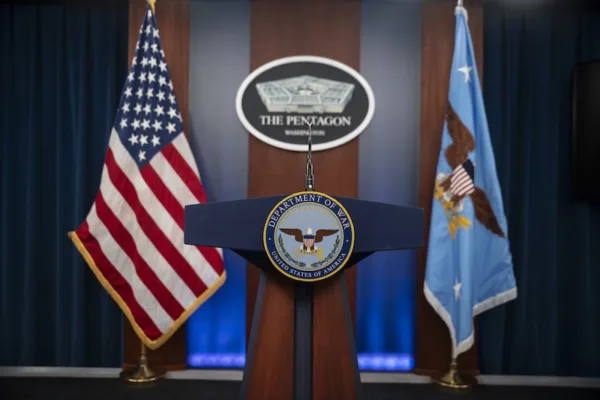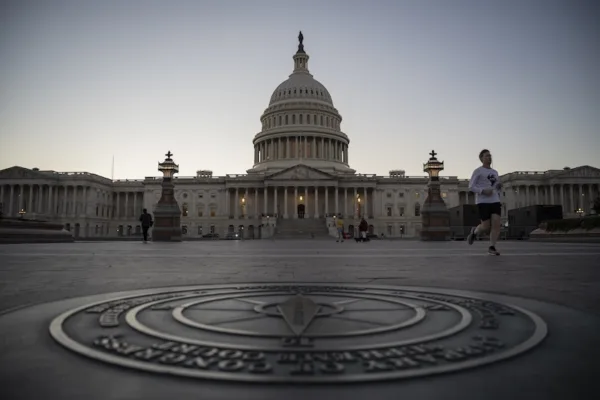The Challenge of the Syrian Opposition
The “proximity talks” in Geneva, which were due to start last week, have been suspended, and though U.N. Special Envoy Staffan de Mistura stated that they would resume in late February, the questions that I raised in this column last week still remain unanswered. In addition to all the unanswered questions, the Syrian regime from the very beginning seemed not to negotiate but gain more time in order to continue its gains on the battleground with its allies. The condition that was set forward by the opposition, including a halt to airstrikes and humanitarian assistance for besieged cities in the country were never taken into account by the regime forces. The chief coordinator of the High Negotiations Committee, Riad Hijab, stated that the committee came to Geneva because of certain assurances in regards to the humanitarian condition; however, the regime responded to these demands by increasing its strikes and attacks.
Since the beginning of the crises in Syria, the opposition to the regime has constantly faced similar situations. Different challenges, some unfair criticisms and various dilemmas has made it really difficult for the opposition to operate against a regime that is supported by various countries and its never depleting war machine.
We started to see these challenges very early on. In the first phase of the conflict, the international community constantly criticized the opposition for not being better organized. The rhetorical support of the major powers was expected to create a magical effect for the opposition, enabling it to unite and resolve the problem in Syria. Yes, the opposition has had its own problems; however, for a community that lived under a heavy-handed dictatorship for decades and whose infrastructure for political organization, right to assembly and liberty to express any kind of dissenting opinions were curtailed, it was somewhat unfair to put all the blame on the opposition.
Later, after the militarization of the conflict, the opposition was criticized for not being effective enough on the ground and for failing to strike hard against the regime. Some observers started to talk about the “resilience of the regime” against the opposition. However, this was again an ironic statement. The defectors from the military and Syrian civilians were expected to defeat the Syrian regime, which was well equipped and supported by Iran and Russia, without getting much help from the international community. The fact was the opposition was fighting against various multiple militia groups and their seasoned fighters that receive constant military support from Iran and Russia.
In the next phase, the nightmare scenario started to unravel. Radical groups started to emerge in Syria, and with some international backing, these groups achieved significant ground in the civil war. For months, opposition groups warned the international community about this possibility. However, actions to strengthen the moderate opposition were far less than sufficient. The financial support they received basically generated a center of gravity for these radical groups. During this period, the more moderate Syrian opposition found itself in a difficult condition. On the one hand, it was fighting against regime forces and trying to resist the increasing air strikes. On the other hand, the more moderate opposition started to be challenged by extremist groups on the ground. Moreover, it had to face criticism from the international community for not being effective enough. To effectively fight against the regime, the opposition needed a no-fly zone, and to challenge extremist groups, it needed more effective weapons and neither was granted to them.
In more recent phases of the conflict, emerged in the Syrian civil war. This was a new burden for the opposition. First DAESH targeted most of the influential opposition groups and tried to decapitate these groups in order to dominate the ground. So the opposition had to fight against DAESH. Secondly, with the rise of DAESH, the Syrian opposition was expected to make the fight against DAESH a priority, while the Assad regime continued its attacks against opposition forces. There were now two fronts, one of which was totally ignored by the international community. Thirdly, with the foreign fighter problem, the Syrian opposition had to face a new responsibility – the fight against radicalization.
With the Russian involvement in the war, the situation got worse for opposition forces. This time, they had to survive Russian bombardment and attacks by the Shiitemilitia recruited from Iraq and Afghanistan and its Iranian advisers besides fighting against the Syrian regime and facing the threat of DAESH.
Under these conditions, the Geneva process started. Ambassador Hof in an article wrote about the challenge that the opposition was facing during this process: “On the one hand, it has the strongest of all motivations to persist: The hope that cease-fire arrangements it might negotiate can spare its constituents – at least some of them – from ongoing mass murder, whether by bombing, starvation, or pestilence. The opposition feels obligated to try: an obligation imposed by its all-but-absolute certainty that Washington will do nothing to protect Syrian civilians inside Syria from the Assad regime and its external enablers. Yet, if the atrocities persist and the regime – riding high on the shoulders of Russian aircraft and Iranian-assembled militias – declines to engage substantively on ceasefire arrangements, what is the opposition to do? Alienate its constituency by continuing to shuttle between its hotel and the Palais des Nations as a useful prop in someone else’s show? Or pack up and leave, courting the cold contempt of U.N. officials and an American secretary of state, while abandoning – at least in Geneva – any hope of reaching life-saving ceasefire arrangements?”
For now, the opposition tried to insist on the humanitarian conditions that it put forward in order to engage in dialogue. However, it is facing the pressure of an international community that tolerated the violation of several humanitarian red lines during the last five years. The Syrian opposition that has experienced various numerous challenges over the years is facing this significant challenge as well, and the pattern of the last five years shows that this will not be the last one.
This article was first published in the Daily Sabah on February 5, 2016.

